The African and German researchers are focusing on diseases that cause a high burden of disease in sub-Saharan Africa, such as tuberculosis, sepsis, and neglected tropical diseases, as well as non-infectious diseases, such as cancer. With their work, they contribute to a better understanding of diseases and to optimizing their diagnosis and therapy. In addition, they focus on measures to improve adolescent health. The expansion of laboratory and clinical capacities in the partner countries also opens up attractive career options for researchers and physicians.
Improving the health situation of people in sub-Saharan Africa – this is the goal to which the expansion of local research capacities contributes, and it is to be achieved through close African-German cooperation in health research. One of the central initiatives for such a cooperation is RHISSA – the “Research Networks for Health Innovations in Sub-Saharan Africa” – which is funded by the German Federal Ministry of Education and Research (BMBF) with at least 100 million Euro.
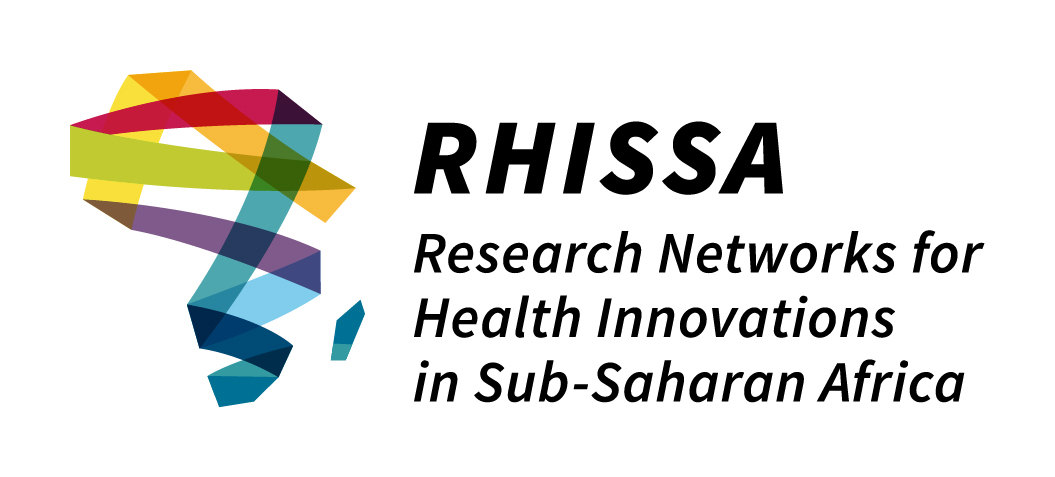
The African and German researchers are focusing on diseases that cause a high burden of disease in sub-Saharan Africa, such as tuberculosis, sepsis, and neglected tropical diseases, as well as non-infectious diseases, such as cancer. With their work, they contribute to a better understanding of diseases and to optimizing their diagnosis and therapy. In addition, they focus on measures to improve adolescent health. The expansion of laboratory and clinical capacities in the partner countries also opens up attractive career options for researchers and physicians.
In the first phase of funding, which started in 2016, five African-German networks under African coordination and German co-coordination have already achieved significant results. These include, for example, new WHO guidelines, SARS-CoV-2 sequencing and the training of more than 130 young researchers. This success has prompted the BMBF to initiate a second funding phase under the acronym RHISSA (Research Networks for Health Innovations in Sub-Saharan Africa) at the beginning of 2023 to further strengthen scientific cooperation between Germany and countries in sub-Saharan Africa. In addition to excellent implementation research, the development and expansion of research capacities as well as improved north-south and south-south networking are essential tasks of the funded networks. The close collaboration of the research networks with the governments of their partner countries as well as with local universities and health institutions is also key for to the successful translation of achieved innovations in politics and practice and the sustainability of the funding measure.
In the second funding phase, which runs until 2028, the BMBF supports six research networks with 36 research partners from 13 countries in sub-Saharan Africa and 12 research partners from Germany.
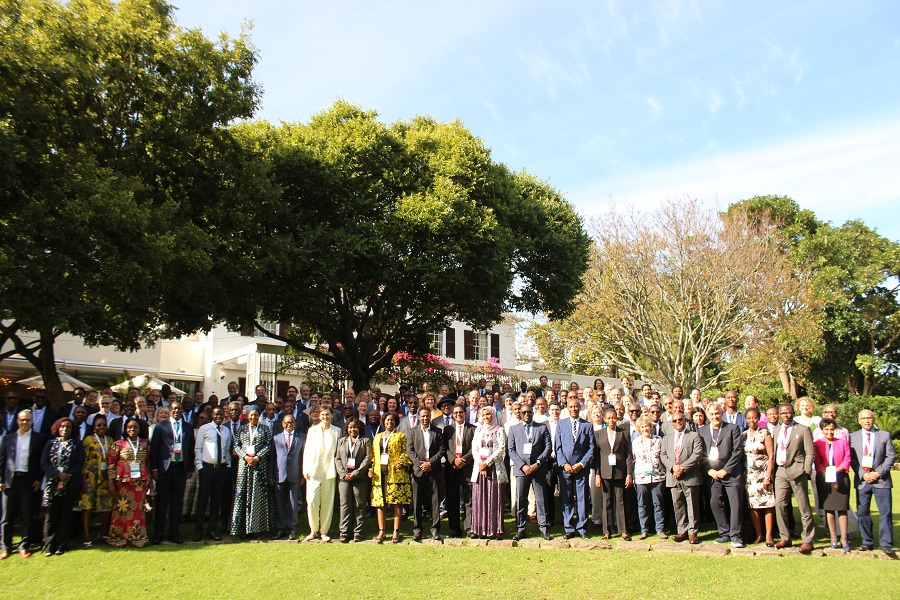
Participants at the RHISSA Bridging Conference, Cape Town, South Africa, March 28-29, 2023.
Nathan Nadler-Nir/BMBF
Impressions from the RHISSA Bridging Conference, Cape Town, South Africa, March 28-29, 2023. ©Adam Asmal/BMBF

2023-2028 (2. funding phase)
Director
Prof. Dr. Damalie Nakanjako
Makerere University, College of Health Sciences, Kampala, Uganda
Co-Director
Prof. Dr. Uwe Truyen
University Leipzig, Leipzig, Germany
Partner Institutions (alphabetically by country)
African institutions have long demonstrated the capacity to identify and control outbreaks of communicable diseases, but prevention and management of such diseases remain a significant challenge across sub-Saharan Africa. This is particularly true for neglected tropical diseases (NTDs), NTD co-infections and antimicrobial resistance (AMR, a predominant global health threat). Sub-Saharan Africa has the highest AMR burden in the world, and to best understand and address AMR, it is necessary to trace the linkages and transmission among humans, animals, and the environment. The mission of this project is to build capacity across six countries of sub-Saharan Africa to improve the management of AMR and NTDs and the stewardship of antimicrobials using a One-Health approach in partnership with state, local, and regional stakeholders.
Further information:
LinkedIn: https://www.linkedin.com/company/adapt-one-health-network/
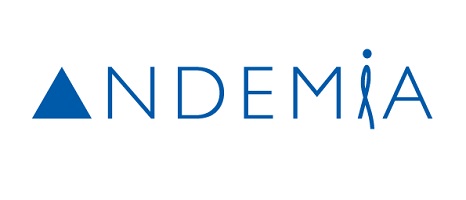
2016-2023 (1. funding phase)
Director
Prof. Dr. Chantal Akoua-Koffi
University Teaching Hospital, University of Bouaké, Bouake, Côte d’Ivoire
Co-Director
Dr. Grit Schubert (previously Prof. Dr. Fabian Leendertz)
Robert Koch-Institute, Berlin, Germany
Partner Institutions (alphabetically by country)
The ANDEMIA network is dedicated to diagnosing and combating acute infectious diseases of the respiratory and gastrointestinal tracts, acute fevers of unknown origin, and infections with multidrug-resistant bacteria in sub-Saharan Africa. To this end, research teams from Côte d'Ivoire, Burkina Faso, the Democratic Republic of the Congo and South Africa are cooperating with the Robert Koch Institute in Germany to tackle these challenges. Affected hospital patients in sub-Saharan Africa are thus benefiting from better laboratory diagnosis of common diseases, and clinical staff are being trained in preventing pathogen spread at healthcare facilities. Beyond that, the data collected are providing crucial information about the circulation and transmission patterns of pathogens both in sub-Saharan Africa and on a global scale. Training programs directed at junior scientists will ensure the sustainable transfer of skills in the partner countries.
Further information: www.andemia.org
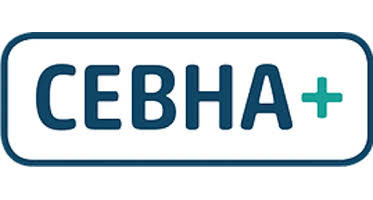
2016-2023 (1. funding phase)
Director
Prof. Dr. Harriet Mayanja-Kizza
Makerere University, Kampala, Uganda
Co-Director
Prof. Dr. Eva Rehfuess
LMU Munich, Munich, Germany
Partner Institutions (alphabetically by country)
The overall aim of CEBHA+ was to build long-term capacity and infrastructure for evidence-based healthcare (EBHC) and public health in sub-Saharan Africa, notably in Ethiopia, Malawi, Rwanda, South Africa, and Uganda. The consortium conducted primary research and evidence syntheses on preventing and treating non-communicable diseases, particularly diabetes and hypertension, and on preventing road traffic injuries. The findings have been disseminated in over 30 peer-reviewed publications and at national and international conferences. A critical part of the work of CEBHA+ has been incorporating an integrated knowledge translation (IKT) approach to promote the uptake of evidence in policy and practice. This involved defining the scope of the work in a priority setting exercise with policy-makers and continuing systematic and ad-hoc engagement with priority stakeholders throughout the research process. CEBHA+ partners produced over 20 issue briefs to communicate research findings and propose priority actions. Another core activity of CEBHA+ was building capacity of students, researchers and decision-makers at individual, institutional and system level. Various activities were implemented across countries, including workshops on evidence-based public health, systematic reviews, teaching EBHC, and IKT. CEBHA+ also provided scholarships to seven Master’s, eleven PhD and two Postdoc students.
Further information: www.cebha-plus.org
Twitter: https://twitter.com/Cebha01

2016-2023 (1. funding phase)
Director
Prof. Helena Ngowi
Sokoine University of Agriculture, Morogoro, Tanzania
Co-Director
Prof. Dr. Dr. Andrea Winkler
Technical University of Munich, Munich, Germany
Partner Institutions (alphabetically by country)
The CYSTINET-Africa network serves as a One Health platform that contributes to combating Taenia Solium (neuro-)cysticercosis/taeniosis caused by tapeworms. Cysticercosis is one of the neglected tropical diseases and, despite existing treatment options, is increasingly spreading in large parts of sub-Sahara Africa. In the case of parasite infection of the brain, the neurocysticercosis develops, which is the most common cause of epilepsy in sub-Sahara Africa. The disease affects human and animal health equally and also leads to high economic losses in the affected rural areas.
Therefore, CYSTINET-Africa follows the One Health approach, considering and respecting both human and veterinary aspects. Another important part of the project is the development of educational material for schools and the broader public to increase the disease-specific health literacy and to reduce infections among the population.
As One Health platform, CYSTINET-Africa integrates basic, epidemiological, clinical, digital and social science research as well as the establishment of One health capacity. The platform strengthens the transfer of research results into One Health policy at the local level and its integration into global measures by the WHO.
Further information: www.cystinet-africa.net
Facebook: @CYSTINET-Africa
LinkedIn: @CYSTINET-Africa
Instagram: @cystinet_africa
Twitter: @CYSTINET_Africa
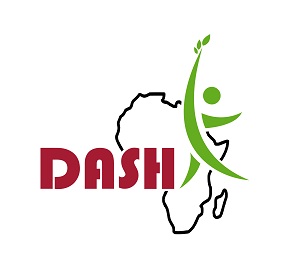
2023-2028 (2. funding phase)
Director
Dr. Mary Mwanyika Sando
Africa Academy for Public Health, Dar es Salaam, Tanzania
Co-Director
Prof. Dr. Dr. Till Bärnighausen
Heidelberg University, Heidelberg, Germany
Partner Institutions (alphabetically by country)
The overarching and long-term goal of DASH is to promote adolescent health in sub-Saharan Africa through population-based intervention and policy research.
To achieve this goal, efficient collection and use of relevant data on adolescent health and the use of robust quantitative and qualitative methods are to be combined with local, domain-specific expertise in nutrition and physical activity, sexual and reproductive health, and mental health and violence.
Through its planned research activities, DASH has the potential to significantly strengthen the research infrastructure and evidence base and thereby improve adolescent health in Sub-Saharan Africa. In doing so, it will address important research gaps related to the need for interventions and policies, as well as their design, evaluation, and transferability.
Further information: https://www.dash-rhissa.org/
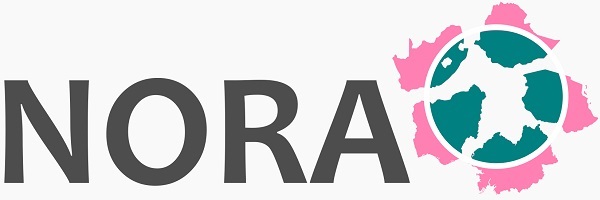
2023-2028 (2. funding phase)
Director
Dr. Adamu Addissie
Addis Ababa University, Addis Ababa, Ethiopia
Co-Director
Prof. Dr. Eva J. Kantelhardt, Martin-Luther-University Halle-Wittenberg, Halle (Saale), Germany
Partner Institutions (alphabetically by country)
The network NORA is a multi-disciplinary consortium consisting of seven institutions in four African countries and Germany. NORA aims to contribute to a significant reduction in cancer-related morbidity and mortality in sub-Saharan Africa with a primary focus on breast and cervical cancer. NORA will generate scientific evidence for effective screening, early detection and treatment as well as care pathways. It conducts multi-disciplinary research to inform policies on effective and sustainable cancer control strategies. In addition, NORA invests in capacity building, research infrastructure, and high-level mentorship to train the next generation of African leaders in cancer research.
Further information: https://www.uk-halle.de/nora
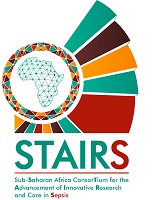
2023-2028 (2. funding phase)
Director
Dr. Nathan Kenya-Mugisha,
Walimu, Kampala, Uganda
Co-Directors
Prof. Dr. Konrad Reinhart
Charité – University Medicine Berlin, Berlin, Germany
Dr. Torsten Feldt
Heinrich-Heine-University of Düsseldorf, Düsseldorf, Germany
Partner Institutions (alphabetically by country)
Sepsis is life-threatening organ dysfunction caused by an uncontrolled host response to infection. Globally, 48.9 million cases of sepsis occur annually, resulting in 11 million sepsis-related deaths. Sepsis-attributable mortality is higher in sub-Saharan Africa than in any other world region. The STAIRS network aims to decrease this disproportionate burden of sepsis mortality by addressing critical knowledge gaps in the epidemiology, diagnosis, and quality care of patients who require hospitalization for sepsis in resource-constrained areas of sub-Saharan Africa. The consortium comprises a network of 10 institutions from seven African countries (Democratic Republic of the Congo, Ethiopia, Ghana, Mozambique, Nigeria, Sierra Leone, and Uganda) and Germany. Leadership will be provided by the director and supported by the co-directors, as well as by chief scientific officer, Dr. Shevin Jacob (Uganda), and deputy scientific officer, Dr. Tafese Tufa (Ethiopia).
Further information: https://www.stairs-sepsis.com/
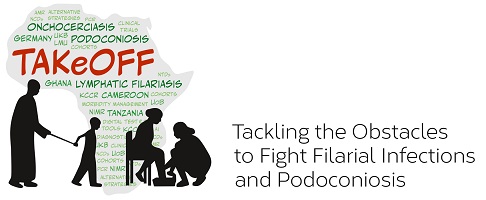
2016-2028 (1. and 2. funding phase)
Director
Prof. Dr. Alexander Yaw Debrah
Kumasi Centre for Collaborative Research in Tropical Medicine, Kwame Nkrumah University of Science and Technology, Kumasi, Ghana
Co-Director
Prof. Dr. Achim Hörauf
Dr. Ute Klarmann-Schulz (at a later state)
University Hospital Bonn, Bonn, Germany
Partner Institutions (alphabetically by country)
From 2017 to 2022, the TAKeOFF consortium of researchers from Ghana, Tanzania, Cameroon, and Germany – aiming to improve the management of morbidity due to lymphatic filariasis (LF) and podoconiosis – developed digital tools for better lymphedema (LE) case identification and carried out clinical trials which showed that intensive hygiene training for LE patients lessened morbidity and led to a better quality of life. Building on these results, the future consortium's work will focus on: 1) following up on the patient cohorts with new research questions regarding non-communicable diseases, wounds, and antimicrobial resistance, with the additional goal of establishing or expanding morbidity management centres and teams for eventual integration into national control programmes/health systems; 2) integrating the developed digital tools into national/international health systems; and 3) using the capacity built for conducting clinical trials to carry out test-and-treat trials for LF and onchocerciasis.
Further information:
https://www.microbiology-bonn.de/en
https://kccr-ghana.org/research-impact/research-groups-projects/onchocerciases-lymphatic-filariasis/
Twitter: @TakeoffNTD, @T_PodoCam
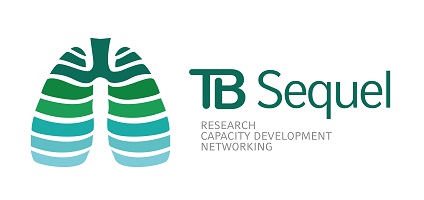
2016-2028 (1. and 2. funding phase)
Director
Prof. Dr. Salome Charalambous (previously Prof. Dr. Gavin Churchyard)
The Aurum Institute, Johannesburg, South Africa
Co-Director
Dr. Andrea Rachow (previously Prof. Dr. Michael Hölscher)
Ludwig-Maximilians-University of Munich, Munich, Germany
Partner Institutions (alphabetically by country)
The TB Sequel network is a research consortium that was built on long standing research collaborations. All of its partners are highly regarded for their expertise in tuberculosis (TB) research and have been collaborating successfully for more than 15 years. Since its inception in 2015, the TB Sequel Network has worked to advance knowledge and foster collaboration on post-TB lung disease (PTLD), a problem faced by more than half of TB patients despite the availability of microbiologic treatment. The TB Sequel cohort of 1,560 newly diagnosed TB patients was the world’s first prospective research project of its size and duration, and it created a uniquely relevant scientific platform for comprehensively exploring the development of PTLD. Four African sites were equipped with cardiorespiratory and clinical trial management expertise. TB Sequel investigators co-organised the first and second International Post-Tuberculosis Symposium and were among leading authors of the first publications to summarise PTLD epidemiology and develop standards for diagnosis and clinical management in 30 years.
Further information: www.tbsequel.org
Twitter: @TBSequel